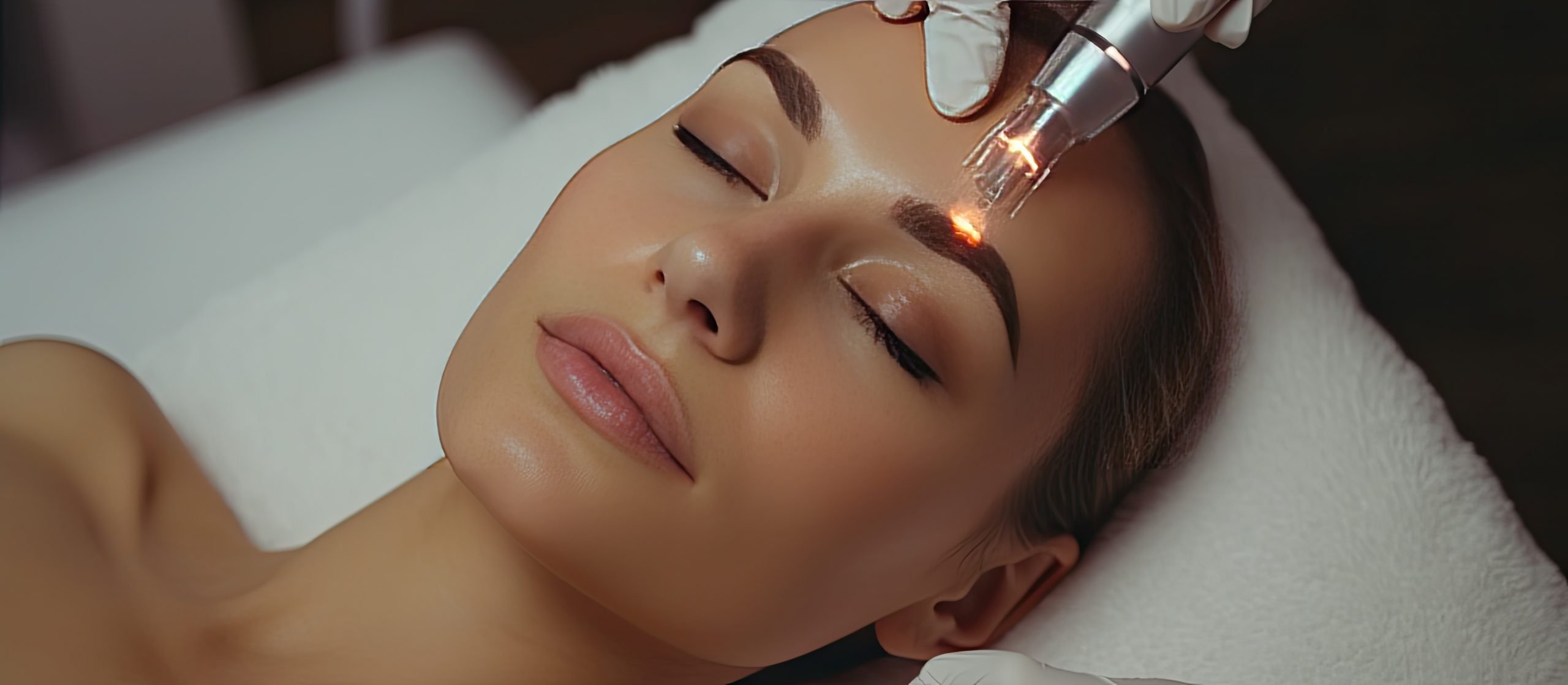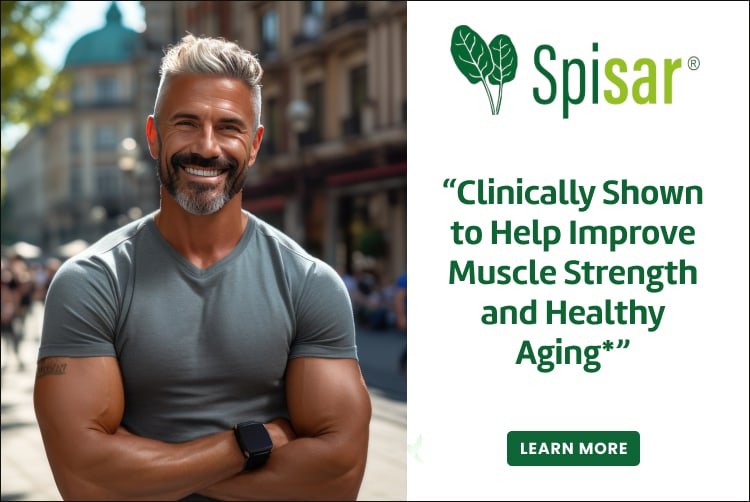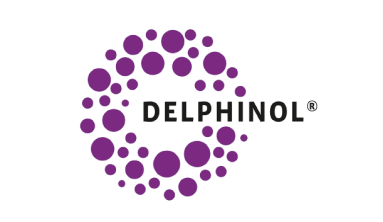Few things rival the exhilarating sensation of the post-workout 'pump.' For those passionate about training, it's a moment of pure...

ANTI-AGING
ANTI-AGING
Anti-aging is a lifestyle that aims to slow the natural process of aging and improve overall health, well-being, and quality of life.
Specialty
Ingredients
Specialty Ingredients
Goal OVERVIEW
Anti-aging is a vital health goal that aims to slow the natural aging process. You can achieve this through lifestyle changes such as eating healthy, exercising regularly, and getting enough sleep. Supplements that fight aging may be beneficial.
This goal has many advantages. Anti-aging can reduce the risk of chronic diseases, improve cognition, increase energy, and improve skin quality.
Anti-aging should be a journey that lasts a lifetime. You can slow down the aging process by choosing a healthy lifestyle.
What You Should Know
Some specific lifestyle changes that can help with your anti-aging goal include eating a healthy diet, exercising regularly, getting enough sleep, and managing stress. You should also avoid smoking, protect your skin from the sun, get regular checkups, and stay positive. By making these healthy choices, you can help slow aging and enjoy a longer, healthier life.
FOOD FOR THOUGHT
Certain supplements can have a significant impact on anyone’s anti-aging agenda. Among them, Vitamins C and E are antioxidants that can help protect cells from damage. Vitamin C is also essential for collagen production, a protein that gives skin strength and elasticity.
CoQ10 is another antioxidant that helps to produce energy in cells. Resveratrol has antioxidant and anti-inflammatory properties that may help to protect against aging. Last but not least is Melatonin, a hormone known to help regulate sleep.

SHAGANDHA® BY SABINSA
Shagandha® is a standardized powdered extract from the roots of Withania somnifera, commonly known as ashwagandha. Shagandha® offers various health benefits, including reducing stress, anxiety, and insomnia while improving cognitive function, reducing inflammation, and boosting the immune system. It is available in capsules, powders, and teas and is often used in herbal mixtures. Considered to be a breakthrough Adaptogenic.
Sponsored Content
FAQ
It’s important to note that while certain supplements might be marketed for their anti-aging properties, no magic pill can prevent aging. Eating a balanced diet filled with whole, nutrient-dense foods is generally the best way to support overall health and aging. However, some supplements have been studied for their potential anti-aging effects:
- Collagen: Collagen may promote skin elasticity and hydration, potentially reducing wrinkles and dryness.
- Resveratrol: Resveratrol supplements may have antioxidant and anti-inflammatory effects in red wine and berries.
- Coenzyme Q10 (CoQ10): This compound helps produce energy within cells and has antioxidant properties.
- Omega-3 Fatty Acids may help reduce inflammation and promote heart and brain health.
- Vitamin D: Known for supporting bone health, Vitamin D may also have other benefits for aging.
- NAD+ Boosters: Supplements like nicotinamide riboside are marketed for boosting NAD+ levels, which decline with age. Some research suggests they may have anti-aging benefits, but more studies are needed.
- Polyphenols: Supplements containing polyphenols, like green tea extract, may offer antioxidant benefits.
- Hyaluronic Acid: This is often used for skin hydration and may help improve skin appearance.
- Astaxanthin: A powerful antioxidant that may protect against oxidative stress and inflammation.
- urmeric (Curcumin): Curcumin supplements may have anti-inflammatory and antioxidant properties.
- Selenium: An essential mineral with antioxidant properties that may support skin health.
- Alpha-Lipoic Acid: Known for its antioxidant properties, it may help with skin aging.
- Probiotics: are beneficial for gut health and linked to overall well-being and aging.
- Vitamin C and E: Both vitamins are known for their antioxidant properties and may support skin health.
While these supplements may offer benefits, it’s essential to approach anti-aging supplements cautiously. Not all products are backed by solid scientific research, and the quality and efficacy can vary widely between brands. Supplements can also interact with medications and underlying health conditions. It’s a good idea to start your search with the Specialty ingredients listed at the top of the page. Considerable resources are invested in research and structure-function claim validation.
Consulting with a healthcare provider, such as a doctor or registered dietitian, before beginning any supplement regimen is highly advisable. They can help you understand what supplements may be appropriate for your specific needs and ensure that they are safe and effective for you.
Anti-aging foods typically contain antioxidants, healthy fats, vitamins, and minerals that can protect against the damaging effects of oxidative stress on the cells. Here’s a list of 17 of the best foods that have been associated with anti-aging properties:
- Berries: Blueberries, strawberries, raspberries, and blackberries are rich in antioxidants, including vitamins A, C, and E, which can help fight inflammation and cellular damage.
- Leafy Greens: Kale, spinach, collard greens, and Swiss chard contain vitamins and minerals that benefit skin health.
- Nuts: Almonds, walnuts, and other nuts contain healthy fats, vitamins, and minerals that support overall health and may help prevent the signs of aging.
- Avocados are rich in healthy fats, vitamins, and compounds that can hydrate the skin and help prevent wrinkles.
- Tomatoes: Tomatoes contain lycopene, an antioxidant that may provide various anti-aging benefits.
- Fatty Fish: Salmon, mackerel, and sardines are rich in omega-3 fatty acids, which can support skin health and help reduce the appearance of wrinkles.
- Olive Oil: High in polyphenols and healthy fats, olive oil can protect against inflammation and oxidative stress.
- Dark Chocolate: Cocoa is rich in flavonoids, which may help protect the skin from sun damage and improve blood flow to the skin.
- Garlic: Contains anti-aging properties that help fight inflammation and may enhance immune function.
- Green Tea: Rich in polyphenols, green tea may help protect the skin from damage and aging.
- Pomegranates: These fruits have powerful antioxidant properties linked to reduced inflammation.
- Bone Broth contains collagen and amino acids that may support skin elasticity and hydration.
- Whole Grains: Foods like whole-grain oats and brown rice are fiber-rich and can help stabilize blood sugar levels, a factor that may affect aging.
- Red Wine: Consumed in moderation, red wine contains resveratrol, which may have several anti-aging effects.
- Watercress: This leafy green is rich in nutrients that can enhance the skin’s appearance and texture.
- Turmeric: This spice contains curcumin, a powerful antioxidant that may have anti-inflammatory and anti-aging effects.
- Fermented Foods: Yogurt, kimchi, and other fermented products are rich in probiotics, supporting gut health and overall wellness.
A balanced diet that emphasizes whole, nutrient-dense foods and limits processed and sugar-laden items is critical to a healthy lifestyle and can support anti-aging efforts. Always consult with a healthcare provider or nutritionist to ensure your dietary choices align with your needs and health goals.
Aging is a natural and complex process influenced by genetic, environmental, and lifestyle factors. Here are some common signs of aging, although they can vary widely among individuals:
Skin Changes:
- Wrinkles and Fine Lines: As skin loses its elasticity, lines may form, particularly around the eyes, mouth, and forehead.
- Thinner and Dryer Skin: Reduced oil production can lead to dryness and increased fragility.
- Age Spots and Pigmentation Changes: Sun exposure over time can lead to uneven pigmentation and age spots.
- Slower Healing: The skin may take longer to heal from cuts or bruises.
Physical Changes:
- Grey Hair and Hair Loss: Hair often becomes thinner, greyer, or may recede or fall out altogether.
- Reduced Muscle Mass: Muscle strength and bulk loss can decrease physical ability.
- Vision Changes: may include difficulty focusing on close objects, cataracts, or other eye issues.
- Hearing Loss: High-frequency sounds may become more challenging to hear.
- Bone Loss: Bones may become more brittle and less dense, increasing the risk of fractures.
- Weight Changes: Metabolism slows down, possibly leading to weight gain, especially around the abdomen.
Cognitive Changes:
- Slower Cognitive Processing: Some people may experience a slower reaction time or decreased processing speed.
- Memory Changes: Mild forgetfulness can be a normal part of aging, but it differs from serious memory issues like dementia.
Health-Related Changes:
- Chronic Health Conditions: The risk of heart disease, diabetes, and arthritis increases with age.
- Decreased Immune Function: The body’s ability to fight infections might decline.
- Changes in Sexual Function: Men and women may experience libido, performance, or response changes.
- Hormonal Changes: Women undergo menopause, and men may experience a gradual decline in testosterone levels.
- Reduced Kidney and Liver Function: These organs may become less efficient at filtering waste and metabolizing medications.
Emotional and Social Changes:
- Mood Changes: Some individuals may experience increased feelings of sadness or anxiety.
- Changes in Social Circles: Retirement, mobility issues, or losing loved ones may affect social engagement.
It’s essential to recognize that aging is a unique process for each individual, and these signs don’t necessarily indicate poor health or quality of life. Emphasizing a healthy lifestyle, including a balanced diet, regular physical activity, and mental and social engagement, can help manage or mitigate some of these aging signs. Regular check-ups with healthcare providers are vital to monitor and manage underlying health conditions.
Aging is a natural journey, but healthy habits can make it graceful. Prioritize a balanced diet rich in antioxidants and vital nutrients. Embrace regular exercise, hydration, and quality sleep. Protect your skin from UV rays, manage stress through mindfulness practices, and stay socially and mentally engaged. Limit alcohol, avoid smoking, and get regular health check-ups. With a positive mindset and proactive health choices, you can experience vibrant aging and celebrate life’s milestones.
Related Videos
Articles
The recovery period after exercise is when your body repairs and strengthens muscle tissue, refuel energy stores and adapts to...
AMINO9® is a cutting-edge blend of nine essential amino acids (EAAs) meticulously designed to support muscle growth and recovery. This...



















